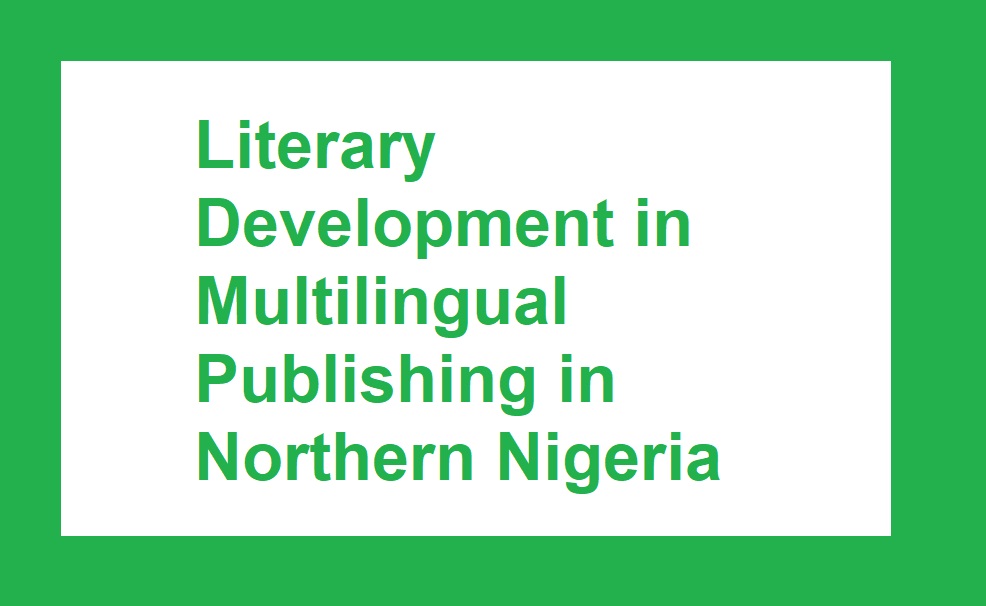Languages and Literary Development in Multilingual Publishing in Northern Nigeria
The literacy base of the Hausa of northern Nigeria was established with their Islamic scholastic tradition dating back to 15th century. This saw the domestication of the Arabic script as localized Ajami script and which was used as a literacy base for hundreds of years. However, British colonialism from 1903 to 1910 stunted this local initiative and forced Roman alphabet on Muslim Hausa. Nevertheless, using their antecedent literacy base, it became easy to re-adapt the Roman alphabet to modern writing in prose, drama, poetry, government gazette, assembled proceeding and religious writings. This was further facilitated by the emergence of private publishing outfits

